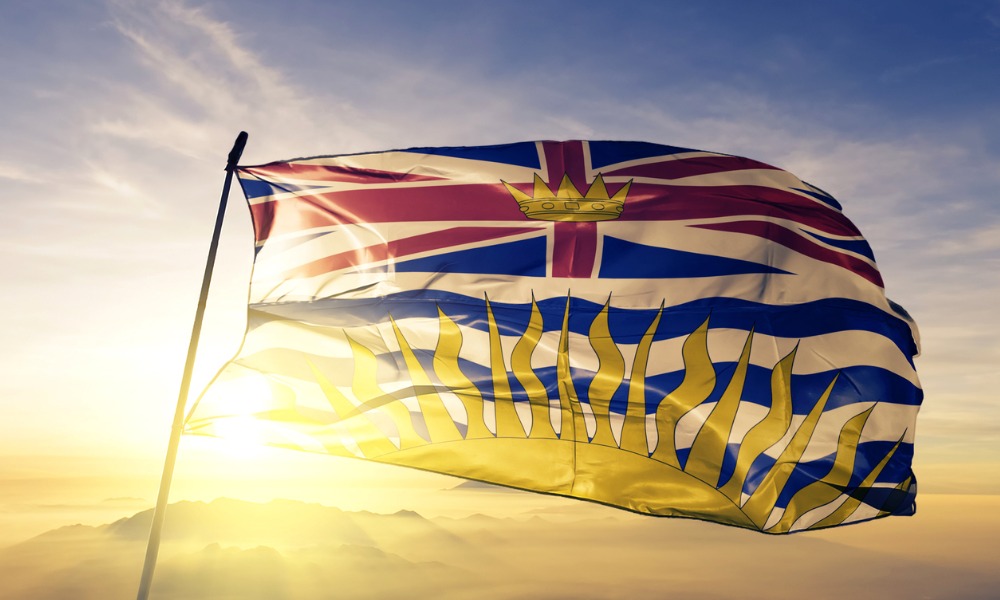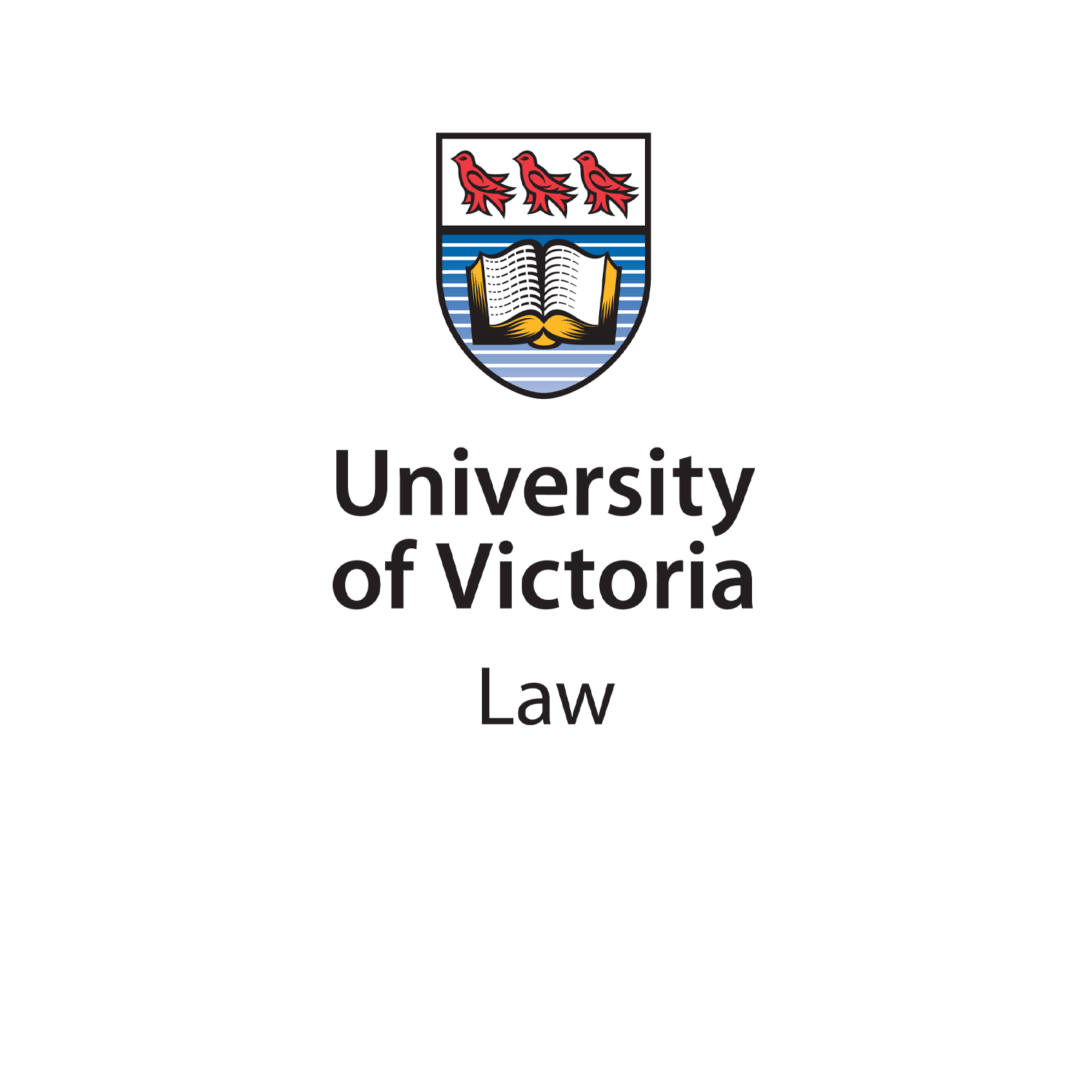Read about the various law schools in British Columbia, the degrees or law programs that it offers, and its process of admissions

Over the continuing growth of the legal profession in British Columbia (B.C.), lawyers are becoming more and more in demand in the province.
To help future lawyers of the province, and those from the other provinces who want to study in B.C., this article will discuss the various law schools in British Columbia.
Lawyers in B.C. may also refer to this article especially if you wish to pursue graduate studies or further education.
Admission requirements
Each of the law schools in British Columbia that offers the Juris Doctor (JD) degree program would have their own admission requirements and application process.
But common among them would be the following:
- Degree: A prior bachelor’s degree, with no specific degree required
- Age: Preferably 18 years old and above, with certain leeway through its admission categories
- Law School Admission Test (LSAT) score and Grade Point Average (GPA) score: no minimum score is set, but median scores of successful applicants are shown by law schools for the guidance of applicants
How long is law school in B.C.?
Typically, law schools in British Columbia require a 3-year full-time study for its JD degree program. This is through in-person classes, with adjustments for some students who enrolled through certain admission categories.
This 3-year period does not include the prior bachelor’s degree required for admission. It also does not include the period for articling (9 months) and writing the bar exams.
Law schools in British Columbia
Among the 24 law schools in the country, there are 3 law schools in British Columbia which offer the JD degree program and other graduate studies. You’ll find other colleges and universities that offer bachelor’s degrees related to law further below.
Check out our complete list of Canadian Law Schools 2023/24, which also features law schools in the other provinces.

University of British Columbia – Peter A. Allard School of Law
The Peter A. Allard School of Law of UBC offers the JD degree program and other graduate legal studies, that infuses traditional fields of law and areas of legal specialization.
Located in Vancouver, UBC's Allard School of Law prides itself in its Indigenous legal education, along with unique international law studies, and other fields necessary for an equipped JD graduate. It also involves its law students with its experiential learning through legal clinics, moot courts, and externships.
Aside from its JD degree program, its graduate programs include:
- Master of Laws: Master of Laws (LLM), Common Law (LLM CL), Taxation (LLM T)
- Doctor of Philosophy in Law (PhD)
There are three admission categories, with different eligibilities, that first year applicants may choose from:
General Applicants:
-
- Undergraduate degree (or at least three years or is currently enrolled in the third year).
- LSAT score, where successful applicants have a median score of 166.
- GPA score, where successful applicants have a median score of 83%.
- Submission of undergraduate transcripts, LSAT score, and personal statement.
Discretionary Applicants:
-
- Applicants who are not eligible as General Applicants, but whose admission will depend on their other achievements and experience.
- In addition to the documents for General Applicants, they must also submit two letters of reference to support their special circumstances.
Indigenous Applicants:
-
- For applicants who self-identify as First Nations, Métis, or Inuit; admission will be prioritized for those who are involved in their Indigenous community. (A scholarship for Indigenous students was also introduced in 2022.)
- In addition to the documents for General Applicants, they must submit two academic letters of reference, a personal statement, and evidence of their Indigenous identity.
Watch this video to know more about the graduate programs of UBC’s Peter A. Allard School of Law:
Allard Law also offers an online law degree for students who prefer that option.

Thompson Rivers University – Faculty of Law
One of the law schools in British Columbia that mainly offers the JD degree program is the Thompson Rivers University – Faculty of Law (TRU Law).
Although a relatively small law faculty, TRU Law equips students from foundational Canadian law to actual practice with its legal clinics, competitive mooting, and its TRU Law Review.
TRU Law has three applicant or admission categories, which aims to welcome a diverse group of students:
- Regular
- Indigenous Canadian
- Special Consideration
Interested applicants must submit:
- Personal statement or statement of interest
- Resume/CV
- Official transcripts
- LSAT score
- Two letters of reference
- Additional documents in support of the chosen admission category

University of Victoria – Faculty of Law
University of Victoria’s Faculty of Law (UVic Law) is among the law schools in British Columbia which offers numerous law degree programs. Aside from its JD program, UVic Law also offers graduate programs, such as:
- Master of Laws (LLM)
- Doctor of Philosophy in Law (PhD)
It also offers a joint degree of Juris Doctor and Master of Public Administration (JD/MPA).
With its strong ties in Indigenous studies, UVic Law boasts of a Joint Degree Program in Canadian Common Law and Indigenous Legal Orders (JD/JID). This 4-year joint degree program is a merger of Canadian common law and Indigenous legal system.
Applicants may choose from the three admission streams offered by UVic Law:
- General: requires an undergraduate degree and its transcript of records, LSAT score in the last five years, a personal statement, and a Completed Law Admissions Equity & Diversity Survey.
- Indigenous: for those who identify as First Nations, Métis, or Inuit. This admission stream has the same requirements with General applicants, in addition to a personal statement describing one’s connection to their Indigenous community and two letters of reference.
- Inclusive Admission: for applicants with unique circumstances other than the General or Indigenous admission streams. Applicants will have to submit additional documents in addition to the requirements prescribed for General admission.
Other Universities and Colleges
There are also other universities and colleges in BC that offer undergraduate (bachelor’s) degrees. There are also other courses, programs, diplomas, or certificates related to law or other legal fields:
Capilano University – School of Legal Studies:
-
- Bachelor of Legal Studies (Paralegal) Degree
- Citation in Contract Law
- Legal Administrative Assistant Certificate
- Minor in Legal Studies
- Paralegal Certificate
- Paralegal Diploma
Royal Roads University:
-
- Bachelor of Arts in Justice Studies
- Master of Arts in Justice Studies
- Graduate Diploma in Justice Studies
Langara College:
-
- Diploma in Criminal Justice
University of the Fraser Valley:
-
- Bachelor of Arts in Criminal Justice
- Master of Arts in Criminal Justice
- Diploma in Criminal Justice
- Legal Administrative Assistant
- Paralegal Certificate
- Paralegal Diploma
Camosun College:
-
- Diploma in Criminal Justice
Selkirk College:
-
- Law and Justice Studies - Liberal Arts Diploma
- Peace and Justice Studies - Liberal Arts Diploma
Douglas College:
-
- Certificate in Criminal Justice Studies
- Diploma in Legal Studies
Vancouver Island University:
-
- Certificate in Legal Studies
Kwantlen Polytechnic University:
-
- Certificate in Legal Administrative Studies
Simon Fraser University:
-
- Master of Arts in Applied Legal Studies
- Certificate in Legal Studies
These are different from the pre-requisite JD degree program to become a lawyer, as offered by the above-mentioned law schools in British Columbia.
Still, some of these can serve as a law student’s bachelor’s degree before enrolling in a JD degree program. It may also be a career opportunity to become paralegals, or for other professionals who want to expand their legal knowledge of their field.
If you have any questions about the different law schools in British Columbia, feel free to drop them in the comment section below.










